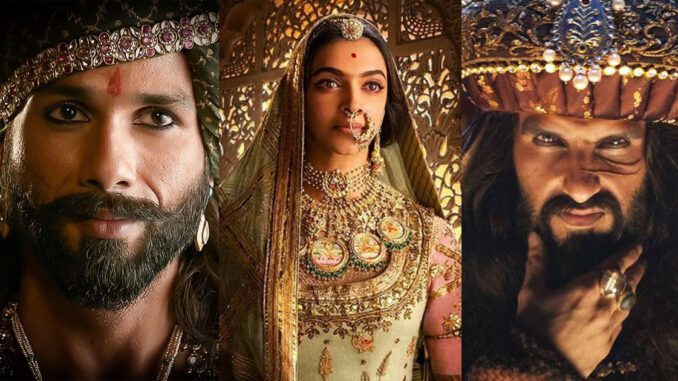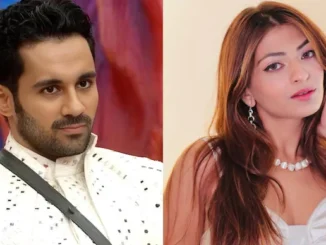
It’s impossible to talk about Deepika Padukone’s illustrious career without mentioning Padmaavat, a film that not only showcased her regal performance but also became one of the most talked-about — and controversial — cinematic ventures in recent Bollywood history. Directed by the master of grandeur, Sanjay Leela Bhansali, Padmaavat was the third collaboration between Bhansali and Padukone, following their previous hits Goliyon Ki Raasleela Ram-Leela and Bajirao Mastani. The film also marked the second time Deepika shared screen space with her real-life partner, Ranveer Singh, after Ram Leela and before 83. Despite the turbulent headlines and widespread debates surrounding it, the film turned out to be one of the highest-grossing blockbusters of 2018.
The controversy surrounding Padmaavat was as epic as the film’s own scale. Long before the movie hit theatres, speculations and rumours started swirling, feeding an already growing firestorm of cultural and historical sensitivity. A particularly persistent rumour suggested that the film featured an imaginary or dream-like sequence in which Ranveer Singh’s character, the ruthless Alauddin Khilji, fantasizes about sharing an intimate moment with Deepika Padukone’s character, Rani Padmavati — a queen deeply revered for her valor and sacrifice in Rajput history.
Despite repeated statements from Bhansali and his team, firmly denying the existence of such a scene, the whispers refused to die down. The fictional narrative implied that Khilji — known for his unrelenting obsession with Padmavati — would be shown envisioning a romantic encounter with the queen, a creative liberty that sparked outrage among certain groups and cultural organizations even before the public had seen the film. Protests, threats, and intense social media debates ensued, with many calling for the film’s boycott, fearing the distortion of historical facts and the tarnishing of Padmavati’s image.
In an effort to douse the flames, the filmmakers went the extra mile to clarify their intent, emphasizing the film’s respectful depiction of Rajput culture and values. At the peak of the controversy, promotional materials, including advertisements featuring Deepika Padukone, came with a special disclaimer. These ads highlighted the filmmakers’ deep-rooted respect for the subject, assuring audiences that Padmaavat was crafted as a tribute to the courage, sacrifice, and honor that the Rajputs embodied. The statement read, “Padmaavat is a film that every Indian will be proud of. Please visit your nearest theatre on January 25 to experience it yourself.” The note further stressed that the film was made with heartfelt sincerity and did not include any element that would undermine the bravery or dignity of Rani Padmavati.
On the regulatory side, the Central Board of Film Certification (CBFC) played a crucial role in settling the dispute and guiding the film toward its theatrical release. Contrary to the dramatic assumptions circulating in the public domain, the board only suggested five minor modifications before awarding Padmaavat a U/A certificate. The film was allowed to release with no further alterations beyond those approved by the CBFC.
Sanjay Leela Bhansali and the production team expressed deep gratitude to the CBFC, the government, their colleagues from the film fraternity, and loyal fans for standing by them through the storm of misinformation, protests, and emotional debates. The collective support not only enabled the film’s release but also allowed it to become a symbol of cinematic resilience.
Years after its initial release, Padmaavat continues to attract attention and admiration. As part of this enduring legacy, the film was re-released in theatres on February 6, 2025, giving both new viewers and longtime fans another opportunity to witness its epic storytelling, haunting visuals, and powerful performances on the big screen.



